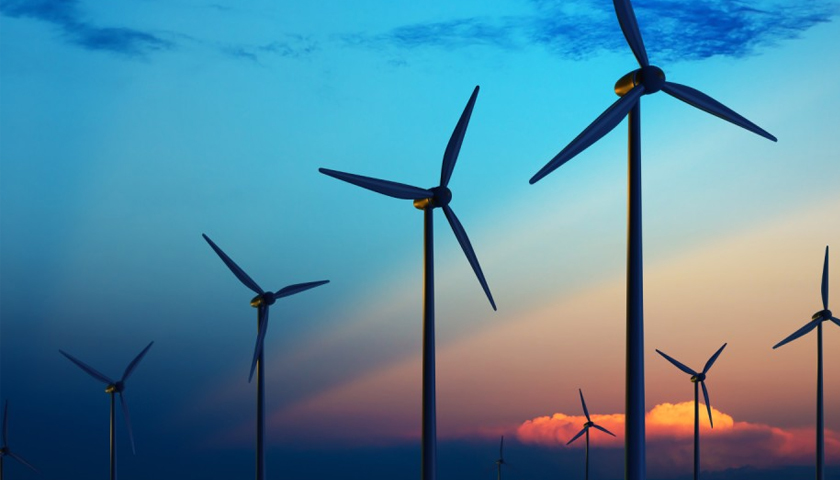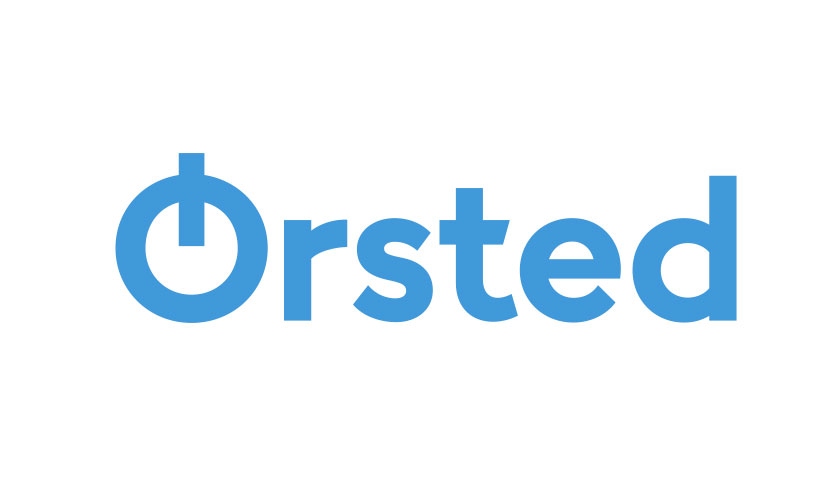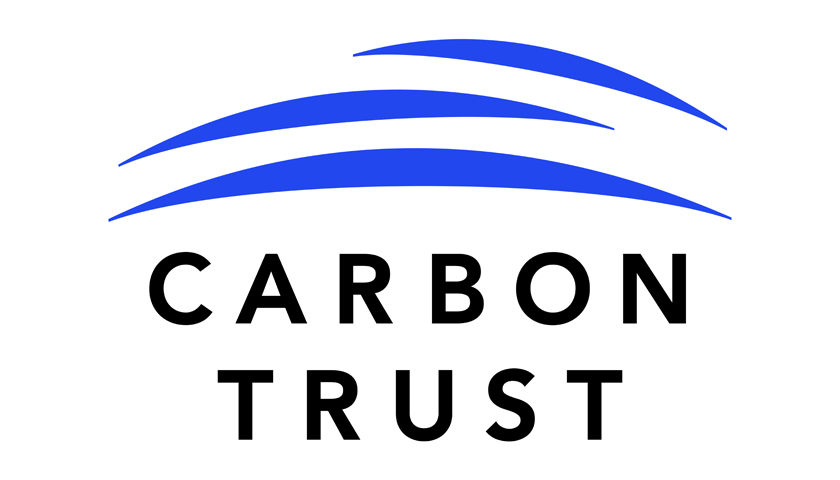Walmart Inc., Ørsted and Schneider Electric today announced that they have successfully convened the first cohort of suppliers to participate in Walmart’s renewable energy accelerator: Gigaton PPA. Five suppliers, Amy’s Kitchen, Great Lakes Cheese, Levi Strauss & Co., The J.M. Smucker Co. and Valvoline Inc, have collaborated to execute an aggregated purchase of renewable energy from Ørsted’s Sunflower Wind Farm located in Marion County, Kansas. Over the 12-year term of the agreement, the purchase is expected to generate approximately 250,000 megawatt-hours (MWh) annually of new renewable power, or the equivalent…
Read MoreTag: Ørsted
Hornsea 2, the world’s largest windfarm, enters full operation
Construction began at the 165-turbine project, 89km off the coast of Yorkshire, in 2018. Ørsted announced on Wednesday 31 August that it is now fully operational. The Dutch business now has 13 fully operational offshore wind farms in the UK that it either fully or partly owned, with a combined capacity of 6.2GW. Its other British projects include Hornsea 1, Walney and the Walney Extension, and Burbo Bank and the Burbo Bank Extension. “The UK is truly a world leader in offshore wind and the completion of Hornsea 2 is…
Read MoreØrsted Agrees New Two-Year Partnership With RNLI To Support Crew Training
Ørsted will make a contribution of £140,000 over two years to fund training costs at seven RNLI lifeboat stations across the UK – Barrow, Clacton-on-Sea, Humber, New Brighton, Ramsgate, Skegness and Wells – to help the charity continue their invaluable work. The RNLI is the charity that saves lives at sea and its lifeboat volunteers provide a 24-hour search and rescue service across the UK and Ireland. With crews launching in all manner of conditions in order to save lives, it’s crucial that they receive the best possible training so…
Read MoreGlobal offshore wind industry to increase voltage
The offshore wind industry is increasing array voltage from 66kV to 132kV, to enable larger turbines, reduce cost and ultimately help meet global climate demands. This increase in array voltage will: Enable more efficient power collection for future wind farms globally Reduce the length of cables in the offshore wind farm Less cable will lower costs and environmental footprints Facilitate the next generation of offshore wind turbines. The industry’s last voltage shift began in 2010, when the Offshore Wind Accelerator (OWA) – Carbon Trust’s flagship research, development and deployment…
Read MoreØrsted Aims for Net-Positive Biodiversity Impact From New Projects Commissioned From 2030
The accelerated global build-out of renewable energy which is needed to decarbonise global energy systems and stop global warming at 1.5°C must take place in balance with nature. Therefore, Ørsted sets the ambition to deliver a net-positive biodiversity impact from all new renewable energy projects that are commissioned from 2030 at the latest. A net-positive impact occurs when a project has an overall positive biodiversity impact due to active measures taken to offset potential biodiversity losses. “Over the coming decades, the deployment of renewable energy must accelerate significantly to speed…
Read More

